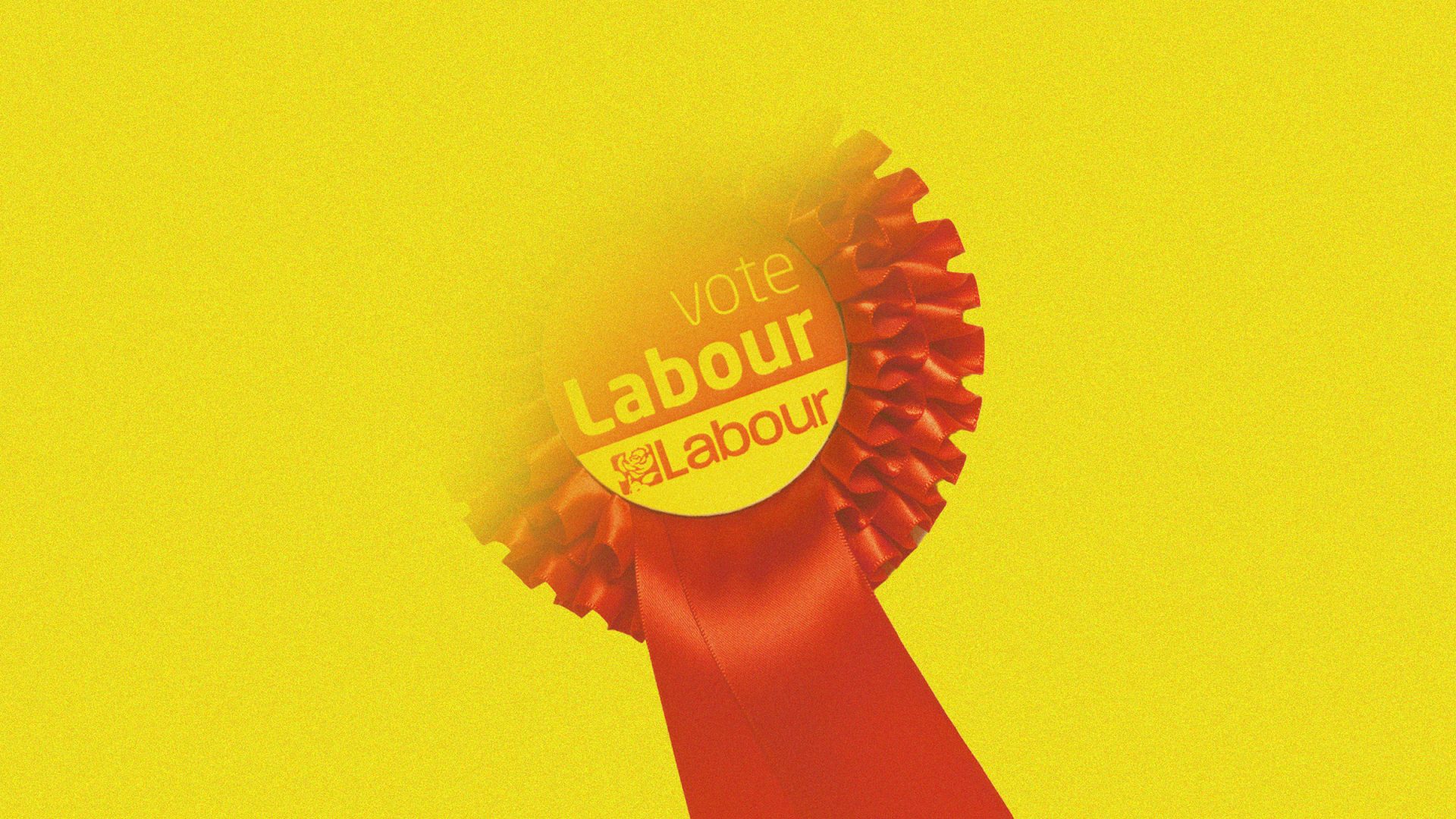For the last 10 months, voters have been offered three variations of the Reform agenda – a watered-down version with a red rosette, a chaotic flavour with a deep blue one, and the Faragist original in cyan.
At the local elections on Thursday, they opted for the original flavour in their droves: the results are at the very top end of the best-case scenarios for Reform, and for the Conservatives in particular are even worse than they were predicted to be. Reform has already picked up 500 council seats, and will likely get 700 or more, while the Conservatives have already lost 500 and will lose more. Labour could easily lose 200 of the 300 seats they were defending.
Parties play the expectations management game ahead of such results when they know the results will be bad, but that should not get the Conservatives off the hook. Had they ‘only’ lost the 500 out of 1,000 seats everyone expected, that would still have been an all-time calamitous result.
Losing as many as they have is an existential threat to the party, and in the short run to Kemi Badenoch’s leadership. Unless she can state some sort of way out of this immediately, her leadership is surely measured in months, at the very most.
For Labour, the situation is somewhat different. These results are worse than the party expected, and No. 10 is very lucky that it had very few councils to defend in these results, because their results were so bad last time these seats were contested. But they’re not quite as bad as they could be.
Yes, Labour lost the Runcorn by-election, but only by a mere six votes. It held on to several of its key mayoralties, even if only just. There is an old saying: if two people are running away from a bear, the mission is not to run faster than the bear – it’s to run faster than the other person. Keir Starmer is clearly running faster than Kemi Badenoch.
And yet already there is briefing, likely out of No. 10 and its allied camps, that these results show Labour needs to recommit to the Blue Labour agenda, to take on Reform on its own territory and to focus on immigration and other socially conservative issues. To follow this advice would be a remarkably short-sighted misreading of the last year in politics.
Because Labour has been doing exactly this for the last year. It has been planting itself in incredibly crowded political territory and fighting with both the Tories and Reform on issues that aren’t its natural strengths, just as the public repeatedly try to flag that their deeper concerns lie elsewhere.
Neither No. 10 nor the Treasury have reckoned with quite how badly the Winter Fuel Allowance cuts backfired on them. The policy can be defended in academic terms: pensioners have been impacted by far fewer cuts than working age adults, it prompted more lower-income pensioners to claim pension credit (worth thousands a year), and so on.
But politically, the decision was absolutely calamitous. Labour unnecessarily announced the cut to the allowance just before summer recess, on its own as a policy, months before a wider budget.
That left it as the dominant narrative for weeks if not months, establishing the party in the minds of many voters as a party of austerity, a party saying “no” to improvement, and a party looking to continue the Conservative legacy of cut after cut, year after year. The narrative is further cemented when people see Labour coming for money that has been going to people with disabilities.
Shortly before the 2024 election, Labour was polling at 44% or better, and now it struggles to stay about half that. Those people did not abandon the party over net zero, or over immigration. They voted for change, and everything the party says suggests they are instead delivering more of the same old shit.
These results are worse for the Conservatives than for Labour, but the narrative will likely focus on the latter. The Conservatives are already on the edge of political irrelevance, with few seats in parliament, no sense of direction, and a leader whose own backbenchers have already written her off. Their decline is so precipitous that it is not hugely interesting.
Labour, though, is in power. It still has a landslide majority in parliament, though you would struggle to know that from either its actions or its rhetoric. And it also has some soul-searching to do: it has spent a year trying to fight toe-to-toe with Reform, and it has lost comprehensively.
Its chief strategist Morgan McSweeney, who is also now Starmer’s chief of staff – a huge consolidation of power – wants to double down on that strategy. There is still time for the party and for Starmer to change course. The question is whether anyone can convince No. 10 that they’re heading for the precipice and slamming on the accelerator.










